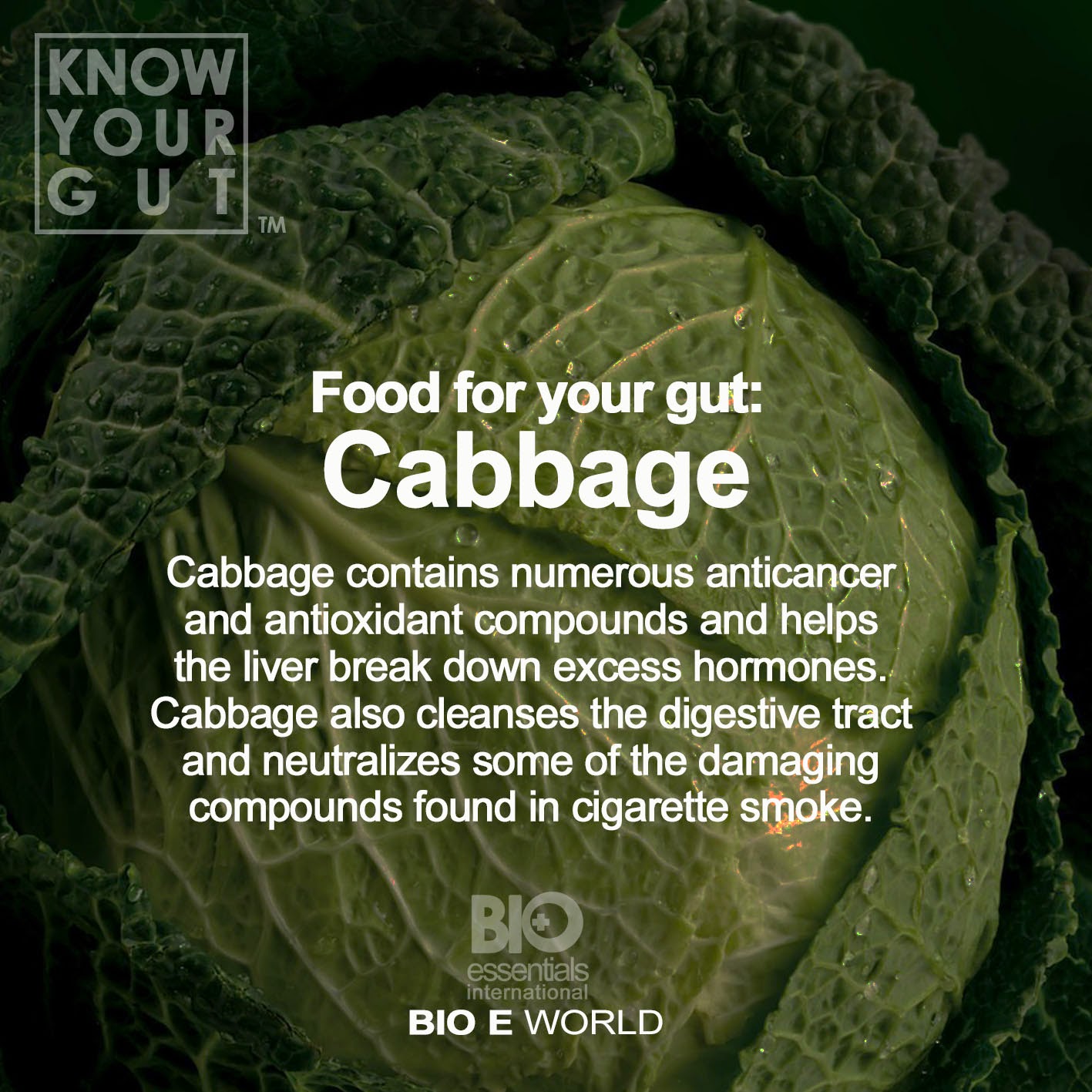Food for your Gut : Chlorophyll-rich greens
Improves Digestion and Weight Control
Another way that chlorophyll improves detoxification is by speeding up waste elimination, balancing fluid levels and reducing cases of constipation. Additionally, preliminary research shows chlorophyll benefits the metabolism and increases the likelihood of success with weight-loss efforts.
A 2014 study conducted by the Department of Experimental Medical Science at Lund University in Sweden found that chlorophyll supplements taken along with a high-carbohydrate meal decreased feelings of hunger, elevated cholecystokinin levels and helped prevent hypoglycemia in overweight women.
Prior to the study, previous research had shown that chlorophyll taken in the form of thylakoid supplements helped balance the release of hormones that make us feel fuller, including cholecystokinin, ghrelin and insulin. While the studies so far have mostly looked at the weight-loss effects of chlorophyll taken by rodents, results suggest that it might help naturally suppress food intake and prevent body weight gain in humans too.
On a molecular level, the structure of chlorophyll is very similar to heme, which is a part of hemoglobin present in human blood. Heme, which is what makes blood appear bright red once exposed to oxygen, is bound to proteins forming hemoglobin. Hemoglobin carries oxygen to the lungs and other respiratory surfaces to be released into tissues throughout the body.
The primary reason chlorophyll is considered a superfood is because of its strong antioxidant and anticancer effects. Chlorophyll benefits the immune system because it’s able to form tight molecular bonds with certain chemicals that contribute to oxidative damage and diseases like cancer or liver disease. These are called “procarcinogens” substances, and some of the types that chlorophyll can help block include:
• polycyclic aromatic hydrocarbons found in tobacco smoke
• heterocyclic amine toxins found in meat cooked at high temperatures
• food-born toxins, including aflatoxin-B1, a type of dietary mold (also called a fungus) found in many grains and legumes, such as corn, peanuts and soybeans. When processed and included in refined foods, I like to call these “metabolism death foods“
• UV light that can cause skin damage in excess




Comments
Post a Comment